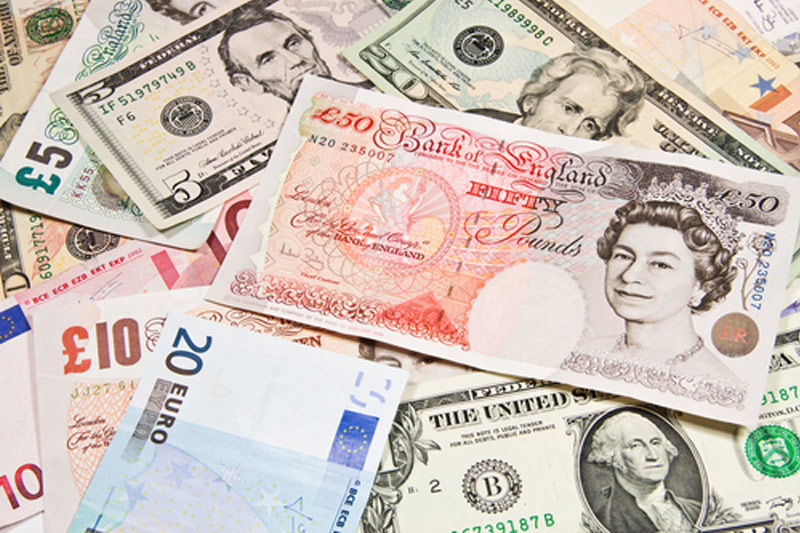
By Geoffrey Smith
Investing.com -- The dollar tested a new nine-month low in early trade in Europe on Tuesday as economic data from Japan and the U.K. strengthened the case for more interest rate hikes there.
By 02:55 ET (07:55 GMT), the dollar index, which tracks the greenback against a basket of advanced economy currencies, was down 0.4% at 101.513, having reversed a modest uptick overnight as stronger-than-expected Japanese inflation numbers added to the pressure on the Bank of Japan to abandon its policy of yield curve control.
Core inflation in Japan rose to 3.1% in December, its highest in over three decades, rather than staying at 2.9% as expected. Separately, BoJ Governor Haruhiko Kuroda came under fire from former colleagues, one of whom told the newspaper Nikkei that he was "making fools" of the Japanese public by allowing the yen to weaken so much. Kuroda had insisted last week that the bank's decision at its latest meeting to leave the current policy settings unchanged had been correct.
The yen nonetheless strengthened another 0.6% to 129.81 as speculation on a tighter BoJ policy built. Kuroda is due to step down from his position in March, and most analysts expect the new Governor to take a different approach.
In Europe, meanwhile, the pound also rose after new data showed a surge in government borrowing in December, reflecting the rising cost of keeping energy bills for households and businesses capped. The public sector net borrowing requirement rose to £26.58 billion - some £4B more than expected - mainly because of subsidy payments and a surge in the cost of servicing the U.K.'s inflation-linked debt. The country's interest bill of £17.3B was the highest monthly figure since records began.
The pound rose 0.3% to $1.2406 as traders bet on the Bank of England having to keep up its current pace of interest rate hikes in order to bring inflation down.
The rest of the economic calendar for the day is likely to be dominated by S&P Global's purchasing managers indices across Europe, where the focus will be on whether the Eurozone economy managed to avoid contraction at the start of the year. Mild weather and tumbling gas prices have bolstered confidence that a recession - if it comes - will be brief and shallow, rather than the deep contraction that seemed likely a year ago when Russia invaded Ukraine.
Partly because of those developments with gas prices, German consumer confidence improved for a fourth straight month in January, according to GfK, albeit by less than expected. The euro was up 0.2% at $1.0890.
Elsewhere, gold futures continued to make new highs as the dollar weakened. By 02:55 ET, gold was at 1942.85 an ounce, up 0.7% on the day.

